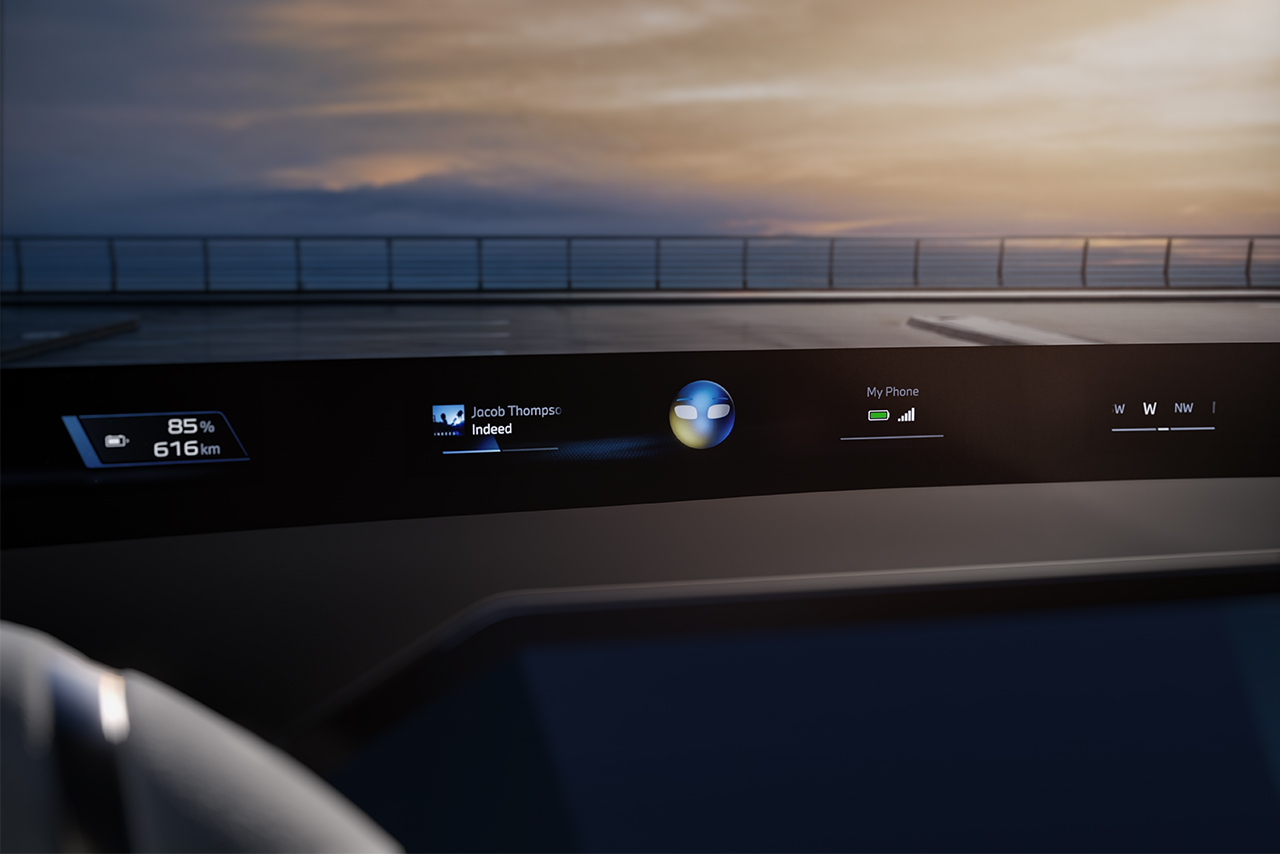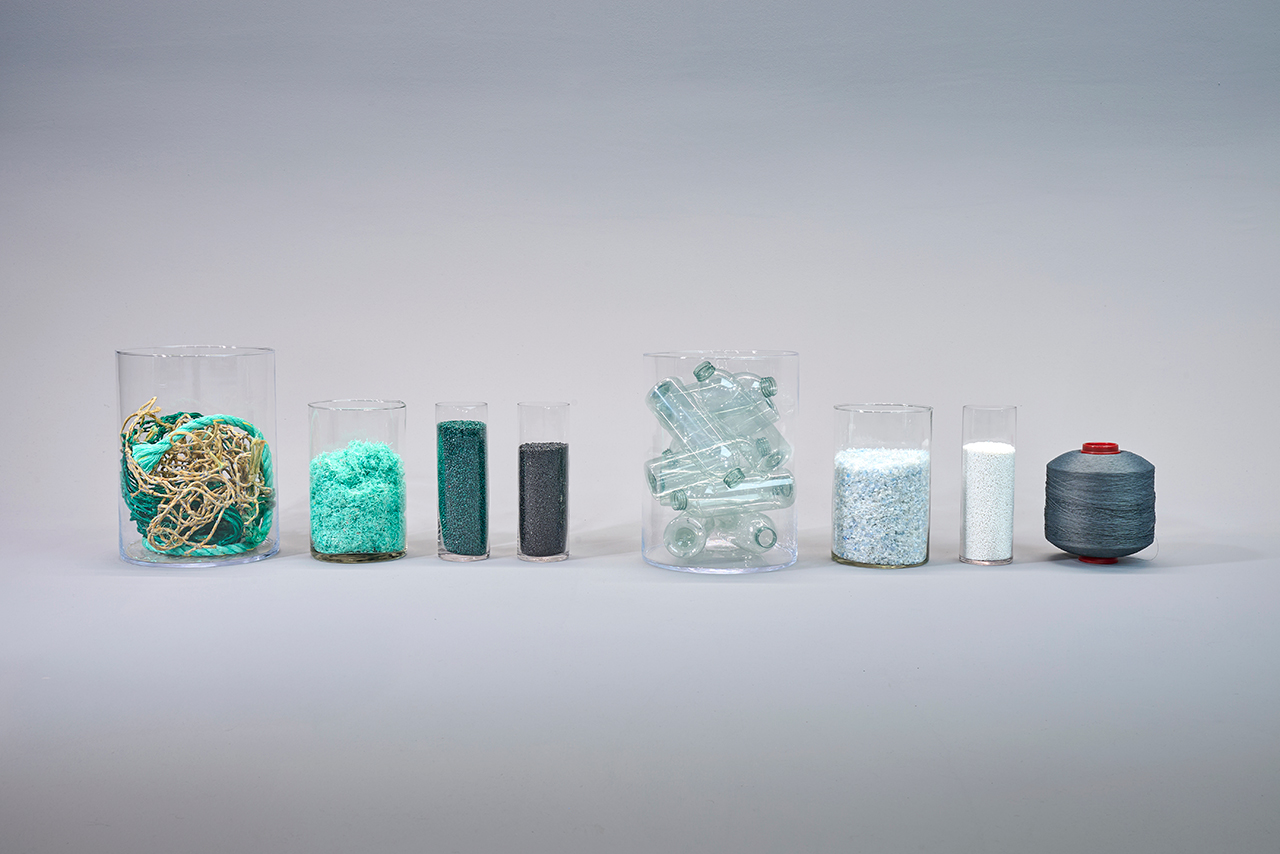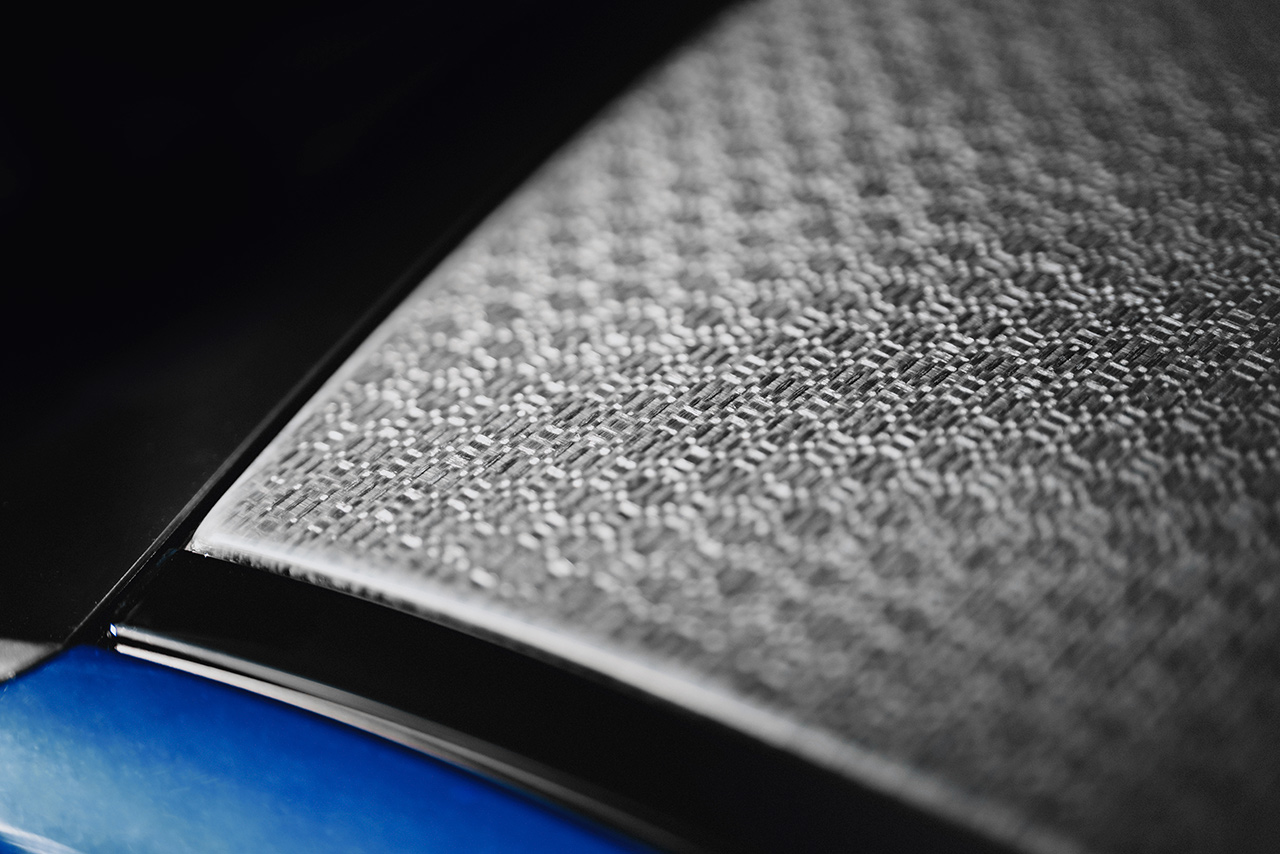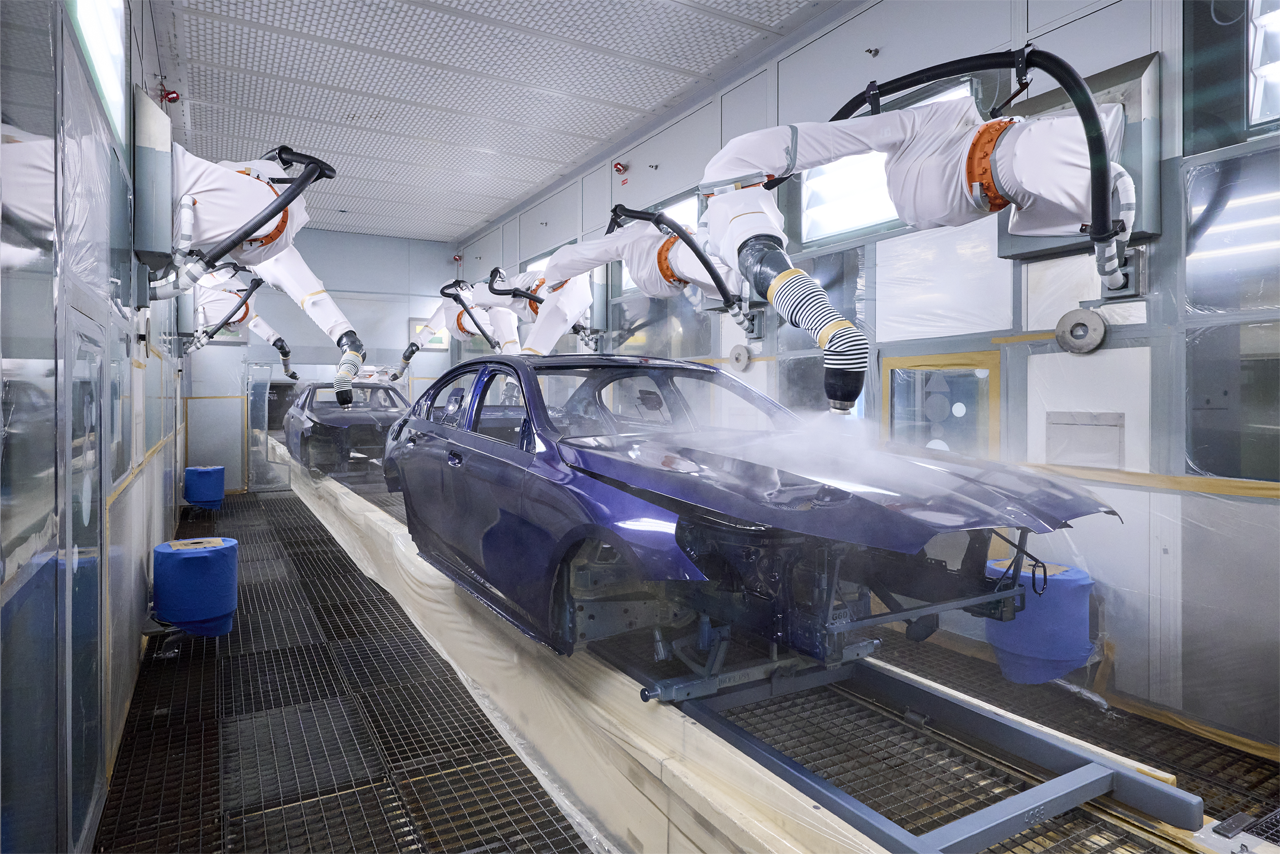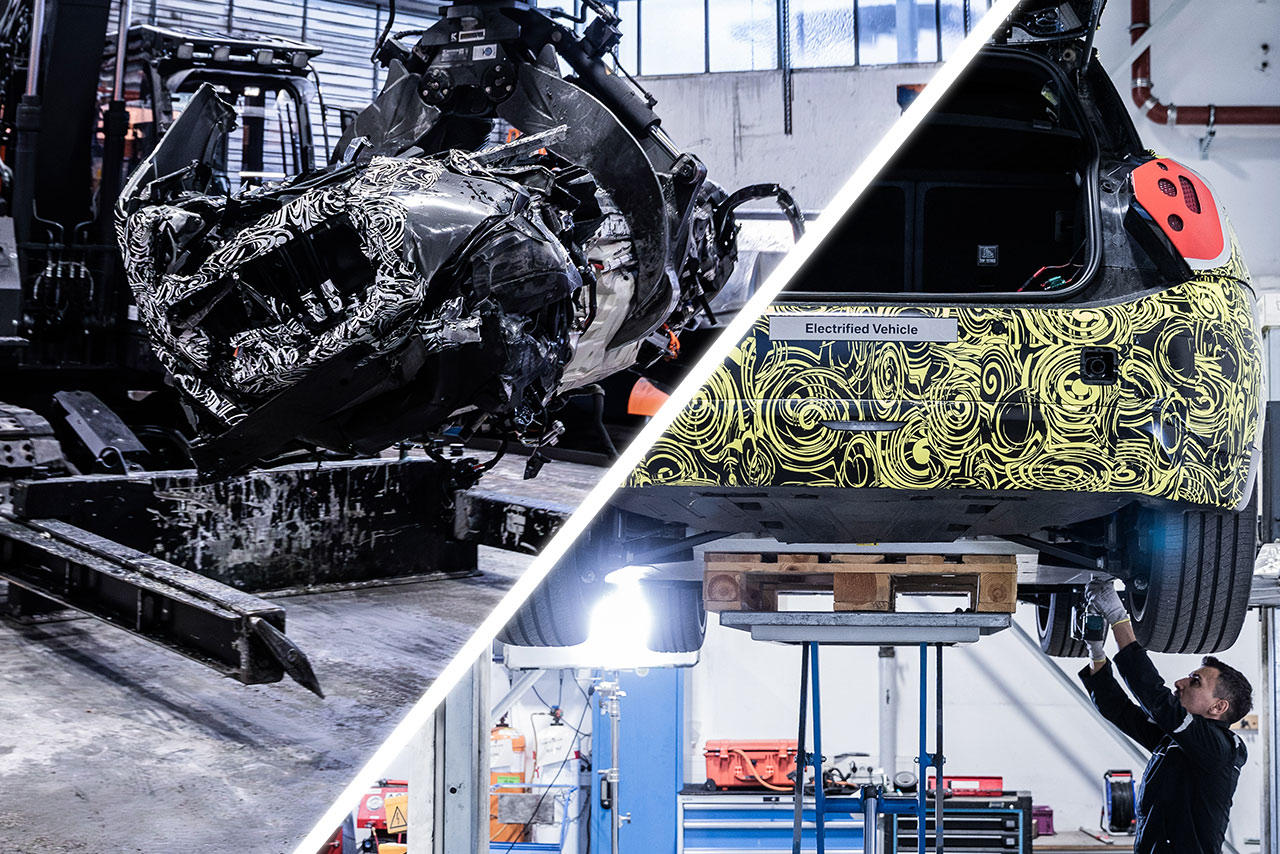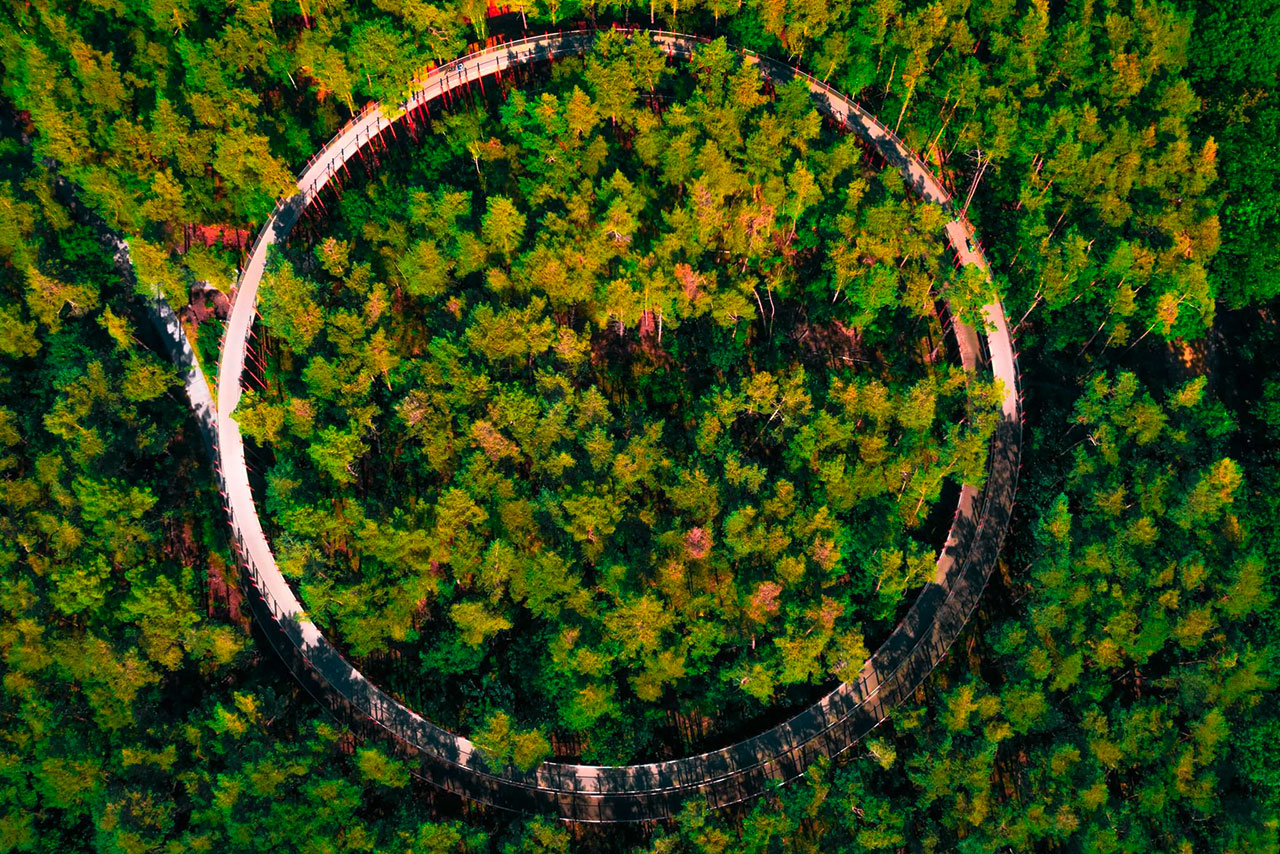In a worldwide first for the automotive industry, the farming sector and the BMW Group launch a cooperative project to release significantly less methane into the air.
Greenhouse gas emissions from coal and gas-fired applications can be significantly reduced by using solar and wind power to generate our electricity. But what are we to do with the climate-change contributor methane produced by millions of cows worldwide via (it has to be said) their belching and farting and indirectly via the manure they produce?
Cows are very efficient at turning their food into energy, but they cannot digest all the organic material they eat, so the average dairy cow produces 27 cubic metres of manure annually. This is then converted by bacteria, amongst other things, into methane gas, which is particularly problematic, since methane is around 28 times stronger than CO2 and thus accounts for a large percentage of the greenhouse effect.
Together with the Straus Family Creamery in Marshall, California, the BMW Group is therefore testing options for substantially reducing the release of methane into the air. The basic idea is to capture the methane produced in a biogas plant where cow manure is collected. It is then burnt in the biogas plant so it can be used to produce green power. That clean power is then made available for the use of the electric vehicles of the BMW Group in California. The important point here is that, though the process of burning methane does release CO2, the emissions produced will have far less impact on global warming than methane – a major contributor to climate change.
This method would effectively kill two birds with one stone. For one thing, we would be helping the farming industry mitigate the effects of climate change. And for another, we would gain clean fuel for electric vehicles – and an impressive amount at that. For the manure produced annually by a single cow, according to expert analysis by the University of Wageningen in the Netherlands, would – in purely mathematical terms – generate enough power to run an EV for 9,000 km.
Albert Straus, founder and CEO of the Straus Family Creamery farm, is understandably proud of the project. “Given the current climate crisis, this collaboration with the BMW Group is highly significant.” He adds that the project will not only support famers in rural communities of California. A collaborative model like this could also make a crucial contribution to saving the planet.
Our collaborative project is the first of its kind in the automobile industry”, says Bernhard Kuhnt, President and CEO of the BMW Group in North America. “This project is a perfect fit for the BMW Group, which for a long time now has been actively seeking creative technologies and partnerships to help reduce greenhouse emissions.”
Over the next few years, the BMW Group expects the renewable energy generated from such partnerships will be enough to cover the needs of all BMW and MINI electric vehicles in the US state of California.









